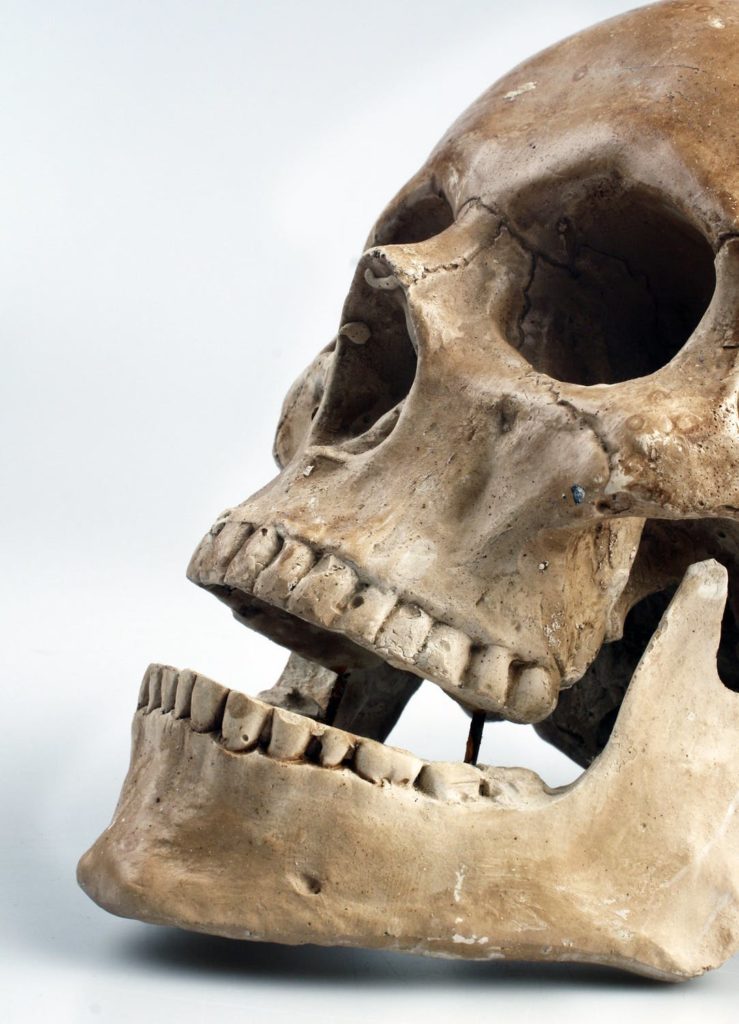The temporomandibular joint acts as a sliding hinge that connects your jawbone to your skull. There are many types of TMJ disorders that people could face in their lifetime. As such, it is important that one has some knowledge about this joint so that they can seek treatment whenever they have these problems. One of the good things about this problem is that there are many treatment options that exist for the people who could be suffering from TMJ pain.
Here are some of the things you need to know about treatment options for tmj:
- Signs and symptoms
It is important that one knows the signs and the symptoms of TMJ before they can seek treatment. It is possible for the symptoms and signs of this condition to be easily relieved with normal over-the-counter drugs. If you experience tenderness and pain in your jaw, you could be suffering from TMJ. Aching around your ear could also be a symptom. Difficulty chewing and facial pain, as well as difficulty opening and closing your jaw could be another problem. You should seek medical attention when this is the case.
- Basic treatment therapies
There are a number of easy therapies that you can apply at home to treat this condition. When you apply moist packs on the affected areas, you will get some relief. Yoga and meditation could also help relieve the pain of this condition. Another good way you can treat TMJ conditions are by massaging and relaxing the muscles that surround the jaw. You should also avoid actions that can aggravate the TMJ pain such as yawning, singing or chewing gum.
- Mouth guards and bite guards
These are items that have been used for quite some time. They can help treat symptoms such as teeth grinding and clenching, which could aggravate the pain caused by TMJ. Many of the people who suffer from this condition will find the above guards good for their pain relief. Others may not like the discomfort of wearing these guards. As such, one should go with what is suitable and comfortable for them.
- TMJ Medications
For the relief of pain caused by this condition, a number of medications will help you. Ibuprofen could come in handy to help you relieve yourself pain that is caused by TMJ. There are known benefits of the use of Tylenol as well as a number of other non-steroidal drugs. Muscle relaxants and antidepressants are also known to help relieve the pain.
- Surgery as a last resort
When all the other non-surgical options have been exhausted, surgery can be considered. Since this is considered as the last option in the treatment of TMJ, it should be done when there are pathological benefits that can be gained after the surgery. If one has lost mechanical functioning of their mandibular joints, then surgery should be considered. Too much pain resulting from TMJ can be a cause for this surgery. There are times when the pain relievers are not working and the patient needs better intervention. As such, surgery should be considered.










